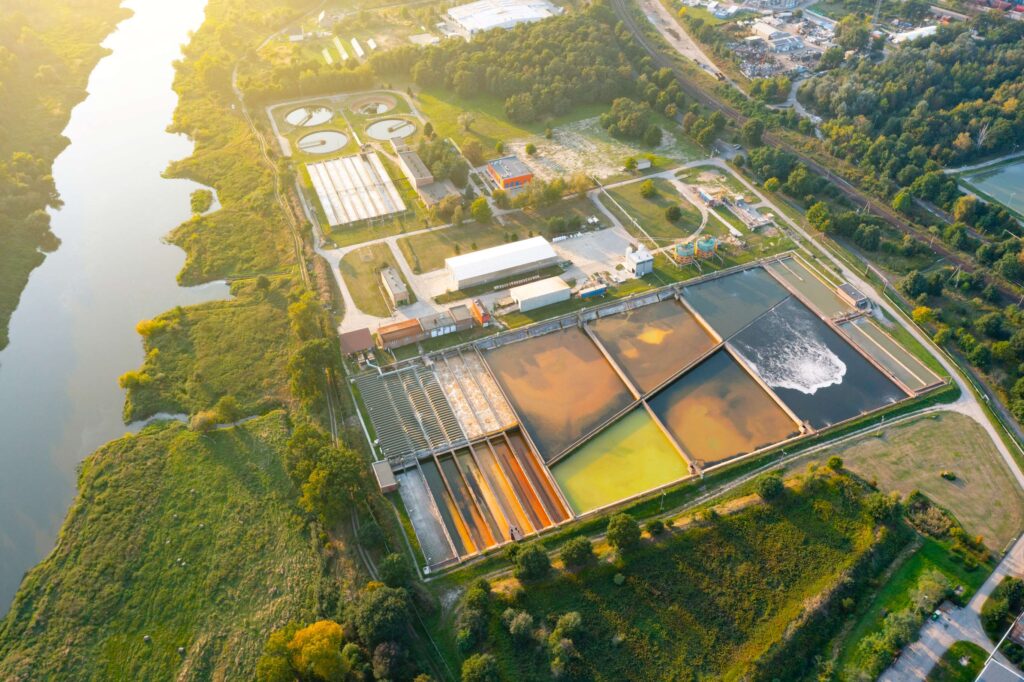Storage
The legislation supported by the Virginia Biosolids Council to fix the storage issue during extreme weather events which prevent land application has passed the House and Senate and is making its way to the Governor.
House Bill 870 (Bulova) passed the House floor on January 30 by a vote of 100-0 and passed the Senate on February 20 by a vote of 40-0. The bill had been heavily negotiated with the environmental organizations prior to session and so received no opposition throughout the process.
In 2018 and 2019, Virginia suffered through one of its wettest periods in history. Richmond had 190 days of measurable precipitation and a record-setting 63.5 inches of rain in 2019.
To better prepare for events like our members experienced, the VBC initiated the development of legislation that would require VA DEQ to adopt regulations that include procedures for addressing administrative, staging, signage, and additional on-site and alternative storage site requirements when routine and on-site storage facility capacity and holding times are anticipated to be exceeded to protect against the release of biosolids into state waters. It would establish a regulatory advisory panel consisting of certain stakeholders for the purpose of assisting the Board in developing the regulations as required by the bill. This will allow Council members to have a pre-approved plan for dealing with excess biosolids during major weather events.
PFAS
The compromise legislation regarding PFAS testing continues to move forward. SB 243 (McPike) and HB 1085 (Rasoul) have now passed both the House and Senate and will be heading to the Governor. They focus on testing at certain drinking water facilities, includes a mechanism for manufacturers to self-report the usage of PFAS, and creates a PFAS advisory committee of stakeholders for work on the bill.
The Virginia Biosolids Council will continue to play a role in the PFAS debate, as we expect PFAS will be an issue both in policy and for the Commonwealth’s budget for years to come. The bill was heavily negotiated between the Virginia Municipal Drinking Water Association, VAMWA, and the Virginia Manufacturers Association and passed both the House and Senate unanimously.
